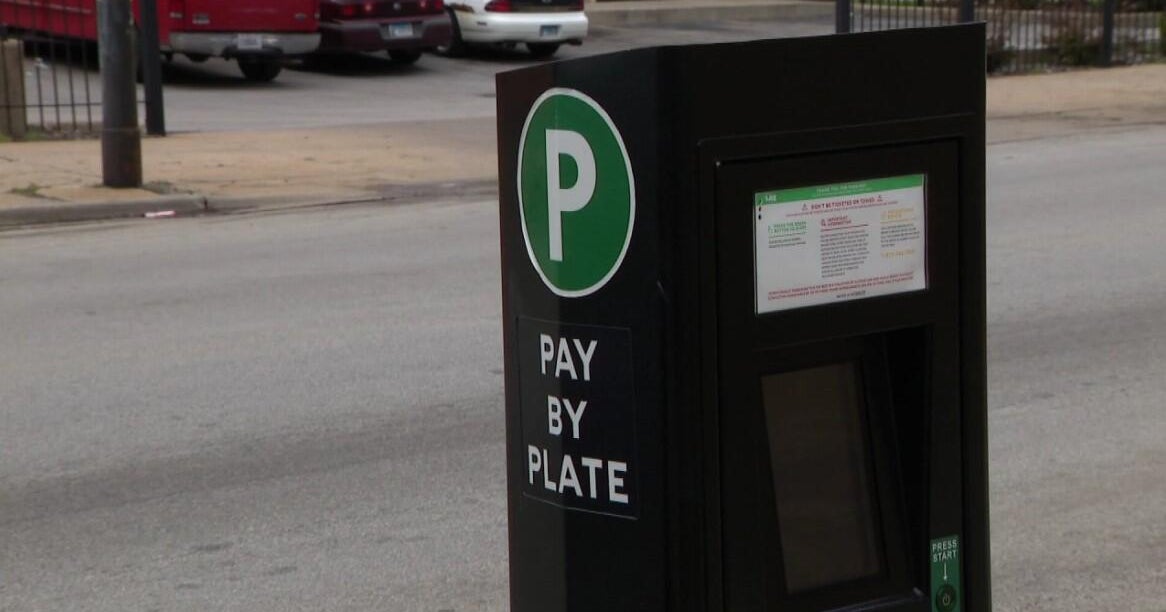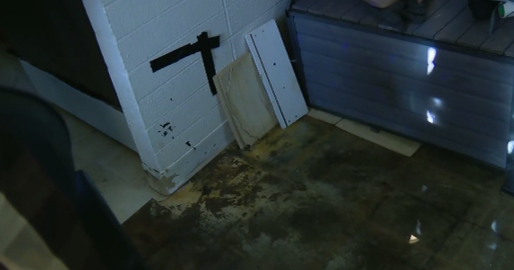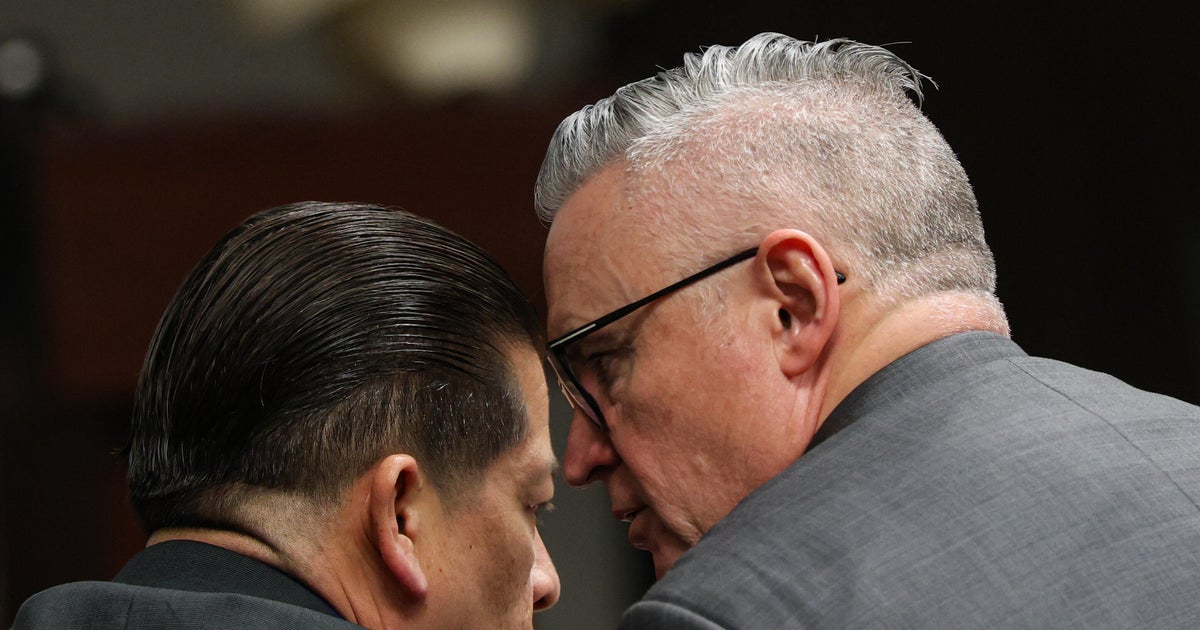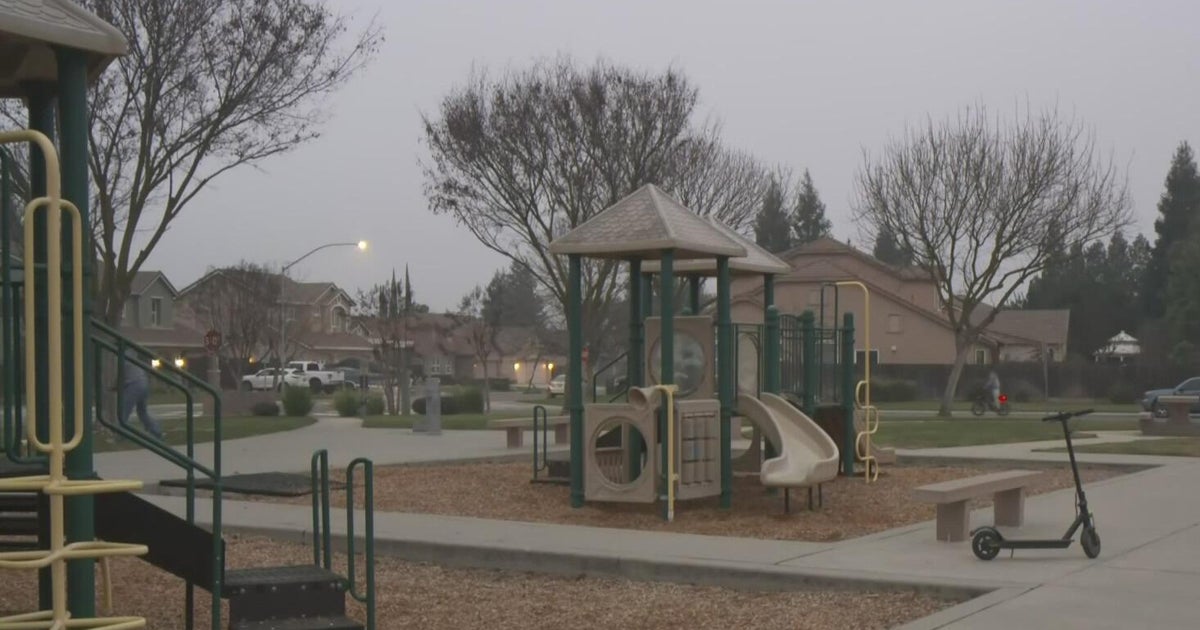Free Sunday Parking, But Longer Weekday Hours Under Meter Settlement
Updated 04/29/13 - 3:50 p.m.
CHICAGO (CBS) -- Chicago motorists will be able to park for free on Sundays at most city parking meters – except those in the downtown area – but at the cost of extended hours for many meters the rest of the week, under a series of changes to the hated parking meter deal, and settle a long-standing dispute between the city and firm.
Mayor Rahm Emanuel said months of negotiations with Chicago Parking Meters, LLC, have resulted in an agreement saving the city more than $1 billion over the life of the 75-year lease deal. Changes to the parking meter deal will be presented to the City Council for approval.
Changes Coming For Parking Meter Deal
Emanuel was especially harsh in blasting the original parking meter deal negotiated by his predecessor, former Mayor Richard M. Daley, Calling the 75-year parking meter lease "a straitjacket on the city."
"The city should never have done this deal, period. It should not have put Chicagoans in a position where we have to pay a private company when we make changes to our own streets," Emanuel said, referring to requirements for the city to reimburse the parking meter firm when meters are inaccessible due to street closures, neighborhood festivals, parades, or other events.
Emanuel said the city has negotiated a number of changes to the deal with the parking meter firm, including a resolution over unpaid bills the company has sent the city for lost revenue from inaccessible meters, as well as from use of metered spaces by motorists with disabled parking placards, which allow them to park for free.
"When I ran for mayor, the constant and consistent complaint I heard was about the city's parking meter deal, and that complaint continues today," the mayor said. "A city normally known for its differences has come together in universal anger over the deal. It doesn't take a math degree to know this was a bad deal for a city, and a bad contract for our residents."
The proposed changes must be approved by the City Council, under an ordinance the mayor will introduce to the council next week.
Other changes include an option to pay for parking meters with cell phones, extending the hours for some parking meters during the week, and having the city track how much is owed to the company for unused meters, rather than the company tracking that money itself and billing the city.
The mayor said he believes all residents in the city deserve a break from paying the meters on Sunday.
"I feel strongly that Sunday should be a day when folks are freed from the grasp of the parking meter company. As one resident told me, 'You shouldn't have to pay to go to church,'" he said. "Whether you go to church or not, everyone deserves a break from feeding parking meters in our neighborhoods on Sunday."
Free Sunday parking will not apply in the Central Business District -- which includes the Loop, and surrounding downtown area -- but only the residential neighborhoods.
In exchange for free parking on Sundays, the city has agreed to extend the hours that many parking meters must be fed. Meters that now must be fed until 9 p.m. Monday through Saturday will operate until 10 p.m., except just north of downtown (an area bounded by the Chicago River to the south and west, the lake to the east, and Division Street to the north), where they must be feed until midnight, according to the mayor's office. Residential parking meters that now must be paid until 6 p.m. won't be affected. Most meters downtown already must be fed 24 hours a day.
In addition, the city and Chicago Parking Meters, LLC, have resolved their ongoing dispute over tens of millions of dollars in reimbursement claims over revenue lost to street closures and disabled parking. The mayor had refused to pay those bills, believing the city was being overcharged.
He ordered an audit of the lease deal, and city officials determined the company had been over-billing the city by approximately $20 million per year.
Under the proposed changes, in the future the city will rely on its own financial figures and data to determine how much it owes the company for lost parking revenue, rather than relying on the firm's numbers.
"This could have been done, and should have been done from day one, when the contract was signed. It wasn't, and it left the city vulnerable," the mayor said. "I wasn't about to blindly accept their word or their numbers on what we owed them."
In addition, the motorists will be given an option to pay for parking with their cell phones, rather than having to walk to the pay-and-display boxes to print out a parking sticker, then take it back to their cars.
"When it's raining, or snowing, or when there are kids in the car, this will provide a real convenience," he said.
The pay-by-cell option will carry a 35-cent convenience fee for each parking meter purchase. The pay-by-cell option would eliminate the need for a driver to place a parking receipt on his or her dashboard. The technology will be available by summer 2014.
In a statement, Chicago Parking Meters, LLC, said, "In the best interests of the people of Chicago, CPM collaborated with the administration and believes that our willingness to work with the City demonstrates our desire to provide the most efficient and technologically advanced parking meter system possible for the City of Chicago."
The mayor said the City Council will be given time to review the proposed changes to the parking meter deal before it is asked to vote, unlike when the parking meter deal was first approved, and Daley rammed the deal through the City Council three days after presenting the lease to aldermen.
"I expect the City Council to take the time to review this proposal, and ask the necessary questions; time that wasn't provided the first time around," Emanuel said. "I am absolutely confident that there will be many different opinions on these revisions; as many opinions as there are Chicagoans, and maybe even more, and that's how it should be."
Some aldermen said they don't know enough about the proposed changes to the parking meter deal to say if the agreement is a win for the city, but Ald. Scott Waguespack (32nd) – one of the only five aldermen who voted against the original deal in 2008 – wasn't impressed at the expected $1 billion in savings over the next seven decades.
"Most of us won't be alive to even see that, so I think that's problematic," he said. "When you look at it, you want to say let's sit down at the table and figure out what we're really saving here. What's realistic?"
Aldermen Less Than Impressed
Waguespack said free Sunday parking in the neighborhoods might be "decent," but said it might not offset the expense motorists would face from longer parking hours.
"It's either going to be a wash, or … CPM is going to make a lot more money on it, otherwise they probably wouldn't have agreed to it," Waguespack said. "They're businessmen, they came at it from the angle of making money, that's what their job is to do on this whole deal, and it has been and will be for the next 70 years."
Ald. Robert Fioretti (2nd), who voted in favor of the original parking meter deal, also said he's worried about extending parking hours later into the evening. He also noted the pay-by-cell option won't be free.
"That's my concern, I'm very concerned about the tradeoff," he said.
Fioretti and Waguespack said the city should go to court to undo the meter deal altogether.
"We got $1.15 billion out of it, and this company's going to make 10 times that over the period of this contract, so we're still talking nine-plus billion dollars," Waguespack said.
Emanuel, who has criticized the parking meter deal since he first ran for mayor in 2011, said there's no way the city can turn the parking meter contract into a good deal, but he wanted to make it better for the city.
"This does not solve our parking meter problem. That's just not possible. I'm trying to make a little lemonade out of a big lemon," Emanuel said. "We can't make this bad deal go away, or make it into a good one, but I think we did make it a little less bad for the next seven decades, while adding some breaks and conveniences for Chicagoans along the way."
The mayor said the city never should have agreed to the parking meter lease in the first place, saying it was poorly negotiated, too long, and allowed parking meter rates to go up too much, too fast. He also suggested the company's profits should have been capped.
"To add insult to injury, all of the funds were spent filling past budget holes year after year, rather than investing in future strength of the city," Emanuel said.
Parking meter rates went up to $6.50 an hour downtown this year. Meters in the South Loop, West Loop, River North and Gold Coast went up to $4 an hour, while other meters in the city rose to $2 per hour.
It was the fifth year in a row that prices at Chicago's parking meters went up, ever since Chicago Parking Meters LLC took over control of the parking meters in 2009, under a 75-year lease deal pushed through the City Council by former Mayor Richard M. Daley.







